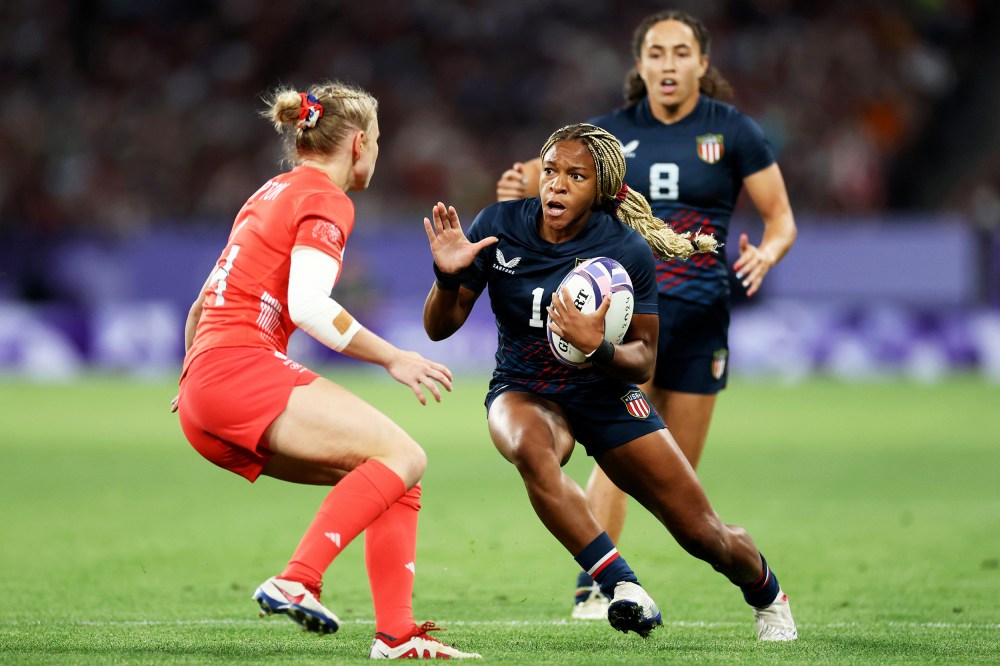The Olympics have come to an end after what feels like an exceptionally triumphant two weeks. Paris 2024 is being hailed by some as the best Olympics we’ve ever seen, in terms of production, ratings and the overall quality of competition. It was certainly triumphant for the United States, which finishes the Games atop the leaderboard in overall medals and tied with China for first in golds. Between Team USA basketball, the USWNT, Simone Biles, Katie Ledecky, track and field — these Olympics were a showcase of excellence and at times redemption for the Americans. At a time of great division, for two weeks at least, we were all patriots.
Major sporting events serve to distract from a country’s very real problems, whether it’s political turmoil, human rights abuses or the struggles of everyday people to pay for housing or healthcare.
But the Olympics have always presented a profound dilemma to me, as someone who has covered sport through a critical lens for more than a decade. (Shameless plug: There’s an entire chapter in my book about this very dilemma.) I absolutely adore the Olympics — the joy, the spectacle, and most of all, the all-too-rare showcasing of women’s sports. But historically, they’ve been a hotbed for corruption and bribery, cost overruns, doping scandals, environmental havoc, militarized policing, population displacement and sportswashing — when major sporting events serve to distract from a country’s very real problems, whether it’s political turmoil, human rights abuses or the struggles of everyday people to pay for housing or health care.
It’s that last part I find myself thinking about now that the Games are over, as we all return to the reality of the challenges we face at home. The Olympics highlighted many issues we can’t just ignore through gold-colored glasses.
The USA Water Polo team was among the feel-good stories of the competition, with Flavor Flav becoming its No. 1 hype man, lending his star power and his dollars to the women’s team in particular. But let’s not lose sight of why he felt he had to get involved in the first place: It was in response to Maggie Steffen’s Instagram post calling for increased financial support. Steffens noted that most athletes work second and third jobs to fund their journeys to the Olympic stage.
For two weeks every four years, we exalt these athletes as the best examples of American excellence; we proudly uphold them as star-spangled avatars for all of us; we point to every medal as evidence that we are indeed the greatest country in the world. But once the Olympics are over, we largely leave these athletes to fend for themselves, implying that the glory and privilege of representing our nation should be enough.

That dynamic was especially stark in the case of discus thrower Veronica Fraley, who posted on social media that she was struggling to pay her rent the day before she was set to compete. Reddit co-founder Alexis Ohanian saw the post and sent her money, and her GoFundMe page has raised more than her $20,000 goal since the story went viral.
It was a lovely gesture. But athletes shouldn’t have to rely on the benevolence of wealthy, celebrity fans or crowdsourcing just to make ends meet, especially not when the institutions they play for are benefiting so much from their achievements.
It’s indicative of a broader trend we’re seeing with everyday Americans. Stories abound detailing people with catastrophic medical conditions in dire financial straits who were only able to survive due to the kindness of strangers. Some medical professionals actively recommend crowdsourcing as a way to pay for medical bills, to the point where The Atlantic declared GoFundMe “a health care utility.”











